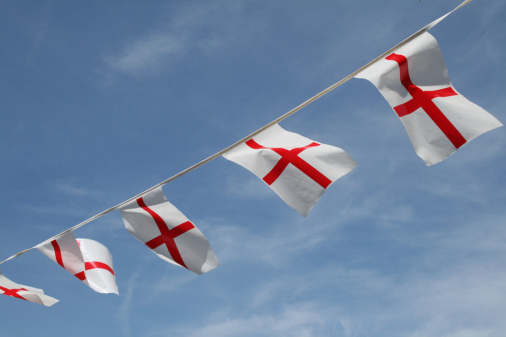
Patriotic Britons may have woken this morning expecting to raise a pint and a flag in honour of St George, only to discover that the date - 23 April - is no longer officially England’s day of celebration.
In an unexpected but historically grounded move, St George’s Day has been transferred to Monday, 28 April this year, under an ancient rule observed by the Church of England.
The rare shift is the result of liturgical law, which dictates that when a saint’s day clashes with the sacred timeline of Holy Week or the Octave of Easter, it must be postponed to avoid overshadowing key Christian observances.
A statement from the Church clarified: "When St George’s Day or St Mark’s Day falls between Palm Sunday and the Second Sunday of Easter inclusive, it is transferred to the Monday after the Second Sunday of Easter."
The result? A five-day delay that has caught many off guard - even as the red and white flags of the patron saint flew proudly across high streets and village greens this morning.
St George, the legendary dragon-slayer and enduring symbol of English chivalry, was first adopted as the nation’s patron saint in 1350 by King Edward III, who founded the prestigious Order of the Garter in his name. Though of Middle Eastern origin and never having set foot in England, St George was held up as a symbol of courage, faith, and self-sacrifice - values that still resonate today.
This year marks only the second time in recent memory that the date has been shifted, the last occurrence being in 2019.
Meanwhile, Downing Street has already hosted an official - albeit early - St George’s Day reception, with the Prime Minister inviting NHS workers, police officers, and community leaders to celebrate modern patriotism and the vital role of public service in British life. It is the first time a sitting Prime Minister has personally led such an event, signalling a renewed emphasis on England’s national identity within the broader UK framework.
With the revised date still ahead, many may opt to mark St George’s Day twice this year - once in tradition, and once in line with church canon.













